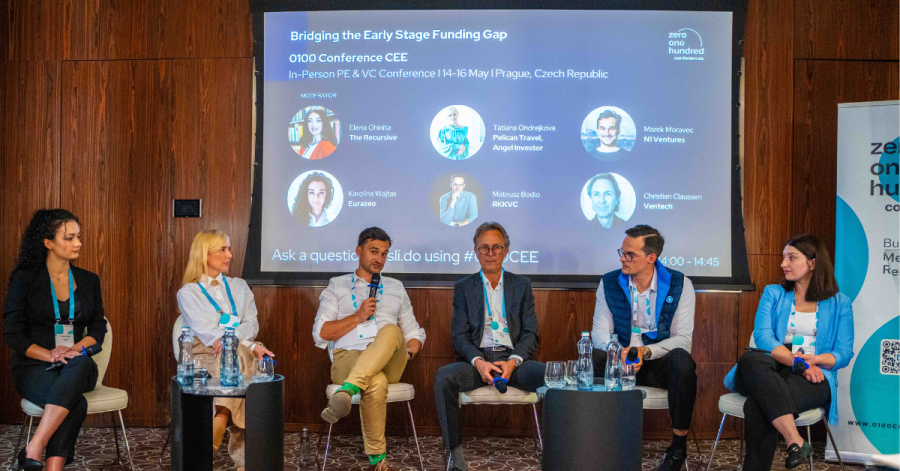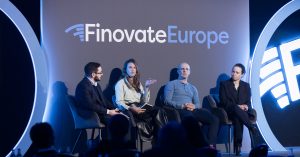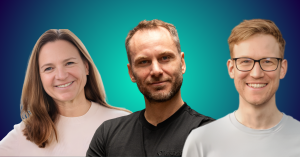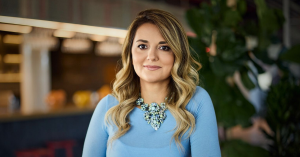Last week, the 0100 Conference CEE brought together over 350 private equity and venture capital executives, fund investors, fund managers, and industry experts in Prague. The two-day event featured 22 panel discussions and multiple conversations focusing on the venture capital ecosystem in Central and Eastern Europe (CEE).
Our startup editor Elena Ghinita was on the ground and summarizes the points of discussion in this article. Were you there and have anything else to add? Reach out to Elena.
What does CEE mean?
The objective of the conference was to bring together investors in different shapes and forms and debate the venture capital in CEE. But what does CEE mean? Despite frequent discussions, the region’s boundaries remain ambiguous. For some, CEE consists of 2 countries, mainly Poland and the Czech Republic. Others toss in the Baltics, while some exclude them altogether. There are also those who see Austria as part of CEE, and others who insist that Romania and Bulgaria belong to Southeastern Europe instead.
The risky region
Going around and listening to the attendees, different topics were brought up, yet there were few recurring. If we were to do a top, probably in the first place would be the one about the risk and return CEE has for international inventors. It looks like the Western money holders don’t really think about CEE as a good place to invest. It is rather the opposite.
“When talking to a PE investor from the US, she told me that if she invests in CEE and doesn’t show a fast return, she can lose her job. This wouldn’t happen if the investment is made in the West, even if returns are not showing,” one of the panelists mentioned.
CEE’s limited exposure to international investors was another concern. Some suggested that instead of presenting CEE opportunities abroad, bringing international investors to the region could help them see its potential firsthand. As one manager from a Spanish PE/VC investor noted, “CEE has a branding and PR problem. You need to showcase more of your success stories to attract external investors.”
To make the ecosystem even more challenging, the hard exit-game in Europe complicates fundraising for VC teams. While public sources like the European Investment Fund, PFR Ventures in Poland, Bulgaria’s Fund of Funds, and the Hellenic Development Bank of Investments in Greece are available, GPs prefer private money because they allow for more flexibility and less bureaucracy. However, finding private investors such as family offices and high-net-worth individuals wanting to invest in tech is challenging.
Changes on the investment strategy
To increase their return rates and likelihood to succeed in fundraising, VCs now want to focus on more developed startups. As it sounds, early stage rounds might be at risk. On top of this, the later stage funding, particularly at the Series A level, is another critical issue. The lack of growth funds investing in the region forces startups to seek investments from the West, disadvantaging local funds. One way to fix this, agreed by most attendees, was that companies from CEE show sustainable growth rather than aiming for unicorn status.
Hard times make good founders
The region’s strong tech talent was also recognized, together with the lack of business development skills. Suggestions included integrating sales and marketing professionals trained in the West into CEE startups. On the positive side, investors were happy that the region’s historical context has made founders adept at managing resources efficiently, often achieving more with less.








